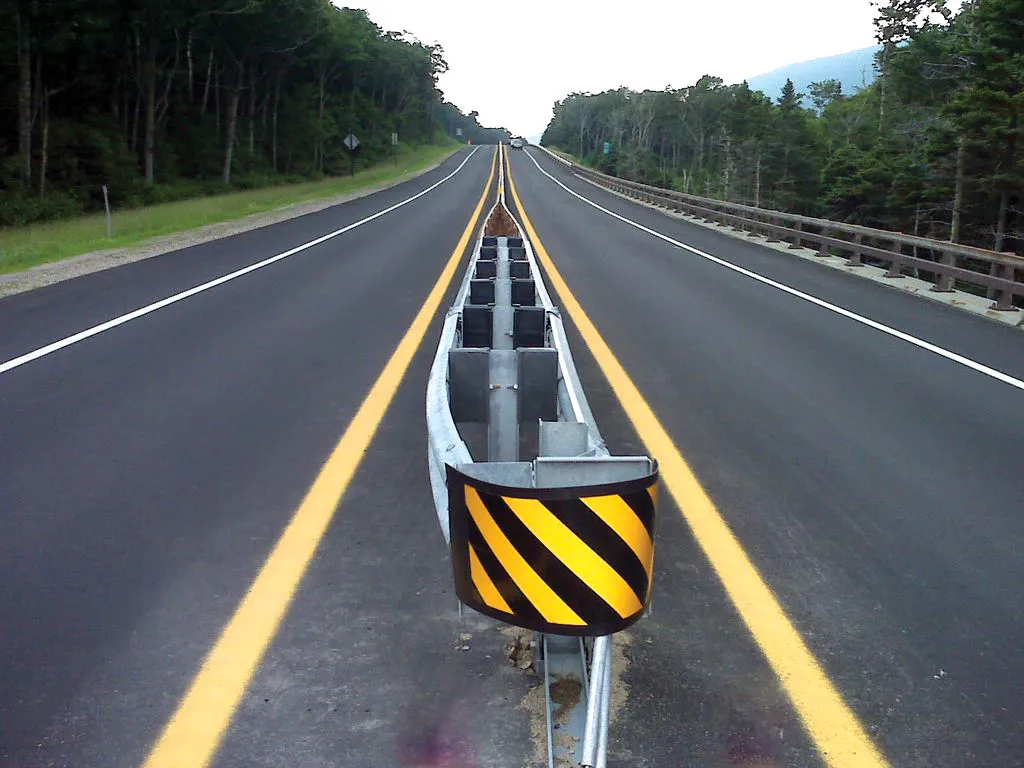Swedish company Edeva, which was hived off from Prodelox, has successfully tested a new traffic calming method in Linköping Sweden. The technology, called Actibump, monitors traffic approaching a dangerous junction and if cars are exceeding the speed limit a metal trough is activated in the road that cars then bounce over. The trough is six centimetres deep, which the developers say is deep enough for drivers to notice but does not cause any physical damage to either the car or its occupants.
April 24, 2012
Read time: 1 min
RSSSwedish company 5190 Edeva, which was hived off from Prodelox, has successfully tested a new traffic calming method in Linköping Sweden. The technology, called Actibump, monitors traffic approaching a dangerous junction and if cars are exceeding the speed limit a metal trough is activated in the road that cars then bounce over. The trough is six centimetres deep, which the developers say is deep enough for drivers to notice but does not cause any physical damage to either the car or its occupants.
Edeva says Actibump is now ready for a commercial launch and it is in talks about installing the technology in several new locations in 2012.
Edeva says Actibump is now ready for a commercial launch and it is in talks about installing the technology in several new locations in 2012.







